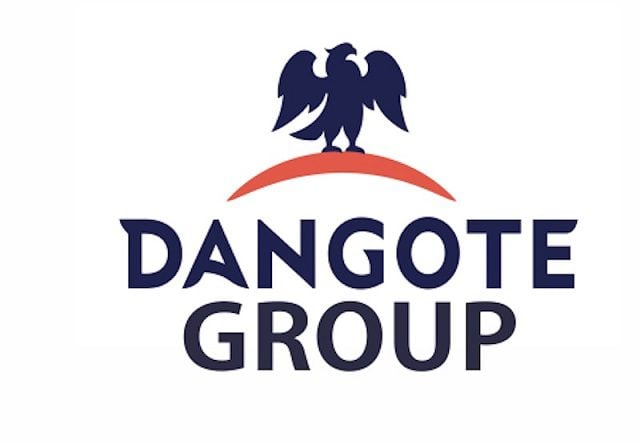By Ayomide Otitoju
As global leaders converge in Rio de Janeiro, Brazil, for the G20 Summit, the city’s iconic Christ the Redeemer statue will be bathed in teal light this weekend. The illumination marks the World Health Organization’s (WHO) “Day of Action for Cervical Cancer Elimination,” an initiative aimed at eradicating the disease worldwide.
The global campaign, supported by advocates in Brazil and beyond, coincides with awareness drives, HPV vaccination campaigns, and policy launches across multiple countries. These efforts reflect the commitment of 194 nations that, four years ago, resolved to eliminate cervical cancer under WHO’s global strategy.
Since the strategy’s inception, significant milestones have been achieved: 144 countries now administer HPV vaccines, over 60 include HPV testing in screening programs, and 83 provide cervical cancer surgical care through health-benefit packages.
Global Call to Action
WHO Director-General Dr. Tedros Adhanom Ghebreyesus emphasized the critical role of health workers in the campaign. However, he highlighted persistent inequities, particularly in low-income countries where the burden of cervical cancer remains highest.
“While we are making progress, we still face huge inequities,” said Dr. Tedros. “Only with strong leadership and sustained investment can we achieve equitable access for communities most in need.”
Worldwide Commitments and Activities
Marking the fourth year of this campaign, governments, civil society, and partners have organized diverse initiatives:
Chile: Launching a pilot program for self-collected HPV testing as part of its healthcare reform.
China: Hosting health runs, lectures, and awareness drives across 31 cities, complemented by illuminated landmarks.
Democratic Republic of the Congo: Unveiling a national cervical cancer strategy during a three-day forum, culminating in a march in Kinshasa.
Ethiopia: Launching an HPV vaccination campaign targeting over 7 million girls, supported by Gavi.
India: Civil society-led awareness campaigns and training programs for healthcare workers across states.
Ireland: Introducing an Action Plan for cervical cancer elimination, following last year’s commitment to achieve this milestone by 2040.
Japan: Illuminating over 70 landmarks during the annual Teal Blue Campaign.
Nigeria: Advocacy campaigns spearheaded by the Nigerian First Ladies Against Cancer.
Rwanda: Announcing plans to meet the WHO’s 90-70-90 cervical cancer targets by 2027, three years ahead of schedule.
South Africa: Conducting health provider training in three provinces.
A Unified Goal
The Day of Action underscores a unified global effort to eliminate cervical cancer, highlighting the critical need for equity in healthcare access. As landmarks light up in teal and awareness campaigns proliferate, the world edges closer to achieving what could be the first-ever eradication of a cancer.











